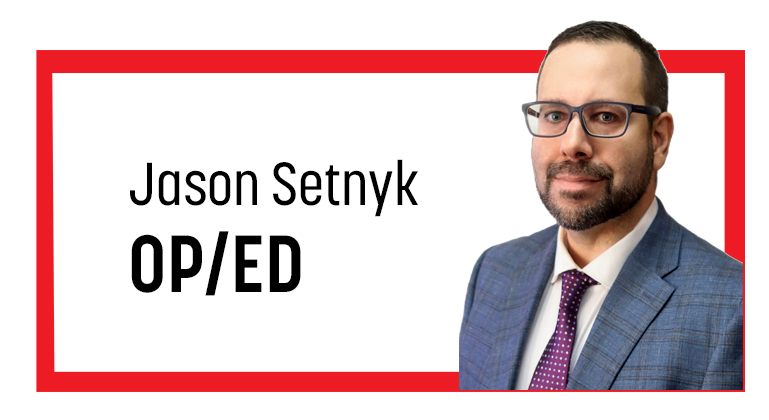The April 1st announcement from the Seaway International Bridge Corporation (SIBC) of a toll increase on the bridge serving the Akwesasne community is an Inadvertent setback to the principles of fairness and reconciliation that should guide our interactions and policies regarding Indigenous communities. A media release from Akwesasne reminds us that this hike could place an undue burden on the people of Akwesasne and their economic prosperity.
Akwesasne is uniquely positioned, straddling geopolitical boundaries that already complicate daily life. The bridge in question is not merely a piece of infrastructure but a vital link that connects Akwesasne with essential services, employment opportunities, and neighboring areas. The decision to raise tolls, especially in a post-pandemic recovery phase, unjustly penalizes a community for simply existing where it does geographically.
Grand Chief Abram Benedict’s response to the toll increase highlights that the SIBC and Federal Bridge Corporation Limited (FBCL) found alternative financing measures during the COVID-19 pandemic and maintained bridge operations when usage was predominantly by Akwesasne people. Chief Abram Benedict is concerned about how the toll hike will impact Akwesasne’s ability to maintain a sustainable economy, and in his statement, he said, “This increase is an economic embargo in disguise.” While the argument may seem provocative at first, it resonates and makes sense when viewed from the perspective of Akwesasne.
The community of Akwesasne justifiably sees this decision as a breakdown in the partnership and understanding that should exist between them and the managing bodies of the bridge. Moreover, reconciliation is more than just a word; it’s about actions. Reconciliation involves recognizing past injustices and working towards a future where Indigenous rights and prosperity are prioritized. Imposing additional economic challenges on Indigenous communities is contrary to these goals. Crown Corporations must prioritize the prosperity and accessibility of communities like Akwesasne over potential toll revenue.
Consideration must be given to the broader implications of such decisions — not just the financial books of a corporation but the living, breathing communities affected by these policies. Ideally, an alternative source of funding other than a toll increase could be found. Hopefully, there will be meaningful dialogue with Akwesasne leaders to find a solution that supports economic development without imposing unfair financial burdens. Akwesasne deserves better. It’s time to demonstrate a commitment to a truepartnership and reconciliation. Let’s work towards policies that bridge gaps rather than widen them.


